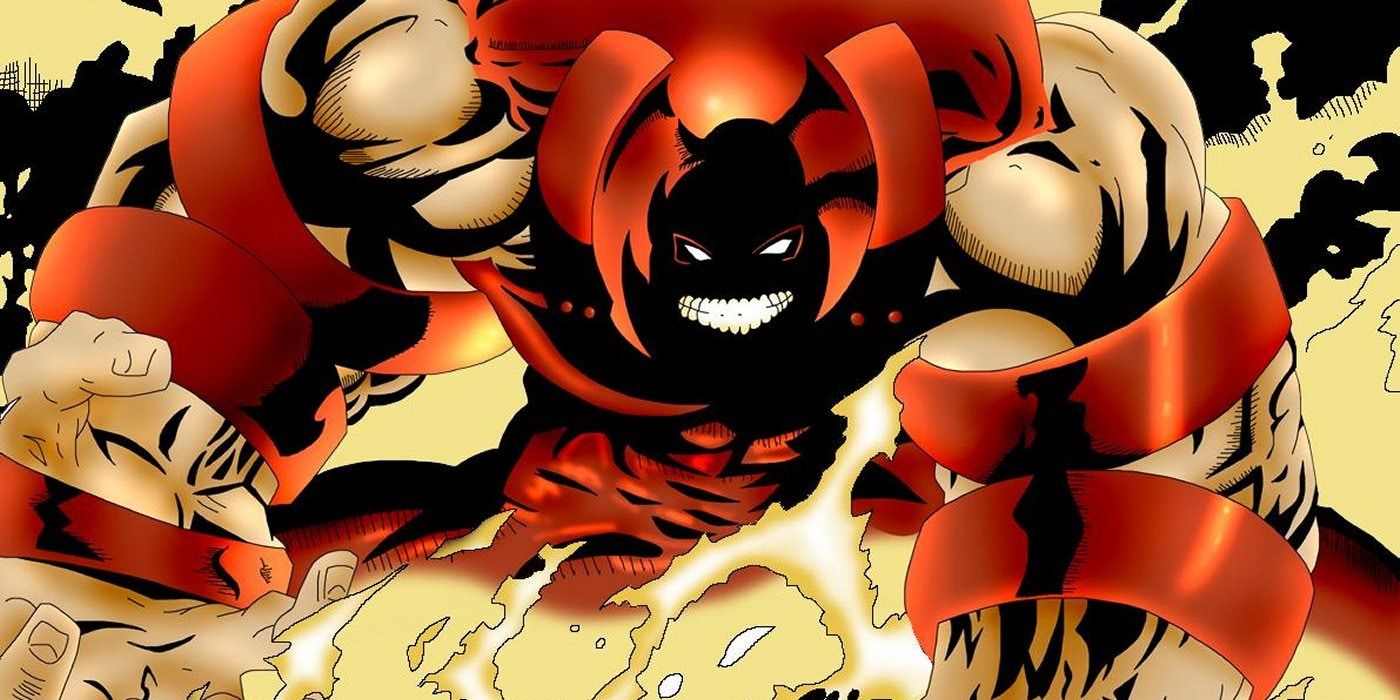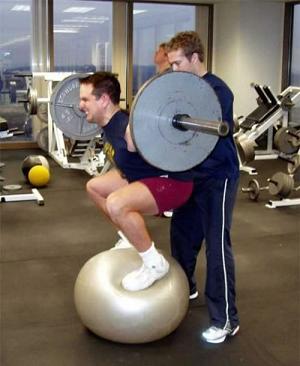Inspiration
for today’s post comes by way of a conversation I had with Will Ruth, who I’ve
had the pleasure of competing alongside and who also runs r/strongman on
reddit, with a dedication to maintaining a solid signal to noise ratio that I
find incredibly admirable. In discussing
Jamie Lewis’ latest rant, I found myself expressing the sentiment that “these
days, I dig a good story more than I care about facts”, and since expressing
that I’ve been reflecting on the significance of that. It becomes especially topical as I observe
that this blog has grown to be 7 years old, a feat I had no intention of
accomplishing upon it’s outset, especially as I’ve remained diligent in
updating it weekly, meaning a substantial amount of work having been created. But I also think to the outset of the blog,
and the name itself. “Mythical Strength”
was a nod to the notion of “strength of legend”: strength so immense that
stories, tales, and myths were created around it. 7 years ago, when I started writing, it was
exactly what I hoped to capture and, truthfully, what I hoped to achieve on my
own. Fundamentally, I’ve found that
stories, legends and myths, irrespective of their truth, are immensely more
valuable than the facts.

Sometimes, a good story can have a ridiculous plot
Allow me to
share a few “good stories” of my own. My
hardcore readers will recognize these, but going back to my childhood, my
father always liked to share stories of his buddies in basic training when he
was in the Air Force. My dad served 4
years and, to this day, maintains that serving was one of the best decisions of
his life, and, in turn, in my childhood, his time in the Air Force had a
significant impact on how he raised me.
He’d tell me stories about a guy that was a professional boxer that
would catch flies in the barracks with his bare hands, about a dude that
studied Tae Kwon Do and jump kicked over my dad’s head, and also a time about a
guy with an afro (remember how old I am and then factor in the era my dad
served) who leaned forward over a candle during a shoe shinning party and lit
his head on fire. However, 2 stories
really cemented in my psyche as a kid: one about a guy that went from no abs to
a six pack set of abs by doing 200 sit ups a night, and another about a dude
that took off his shirt and was ripped out of his goddamn mind that attributed
his physique to 200 push-ups a night.
My dad told
me these stories frequently, first as a young kid and then as a teenager as I
started getting bit by the fitness bug and, in turn, they were the “physical
myths” I grew up with. And much like a
kid that doesn’t think to question how Santa can get around the whole world in
just one night, it never dawned on me to notice that “200” was the magic number
my dad settled on that seemed to just be the universal “a lot”. Those numbers WERE magical, and if I did just
that, I’d get these same results. And
so, at age 14, when I started turning my life around physically, I set out to
do these things. And I accomplished
them. And I didn’t get the results I
expected. And I pushed even harder,
going for 300 a night, and then 400 a night, before I gave up on the myth.

But it looks like the world didn't
How many of
us had these myths? My dad’s friends in
basic training were someone else’s uncle that could bench 800lbs in his
basement and he did it with HIT. Or it
was someone’s big brother that got totally jacked by working construction over
the summer and eating a jar of peanut butter a day. And these were just the “local myths”. What about the Colorado Project? Or Super Squats “30lbs of muscle in 6
weeks”? Or Hulk Hogan telling us to say
our prayers and take our vitamins?
Circus strongman of old? Or the
original myth of Milo of Croton? Or
Hercules, or Samson? Or watching a Rocky
montage, something we know for SURE was fake, but was still “a good story”?
What was the
point of these “good stories”? They
drove us to action. It implanted an idea
in our head, and even if that idea was totally unreasonable, it now existed. Prior to the telling of that story and the
sharing of that myth, the idea simply “wasn’t”, but once spoken and shared, it
now existed, and was something to be pursued.
And even if the end could not be realized: so what? I could do 200 push-ups in one go as a 15
year old, and I held at that number for a long time before deciding to chase at
400 at 19 years old. I’m 34 now, I never
do push-ups, and I can still knock-out 68 in a minute when called upon because
I built up such an immense amount of volume and repetition in my youth that I’m
STILL riding it out. Chasing after the
30lbs of muscle in 6 weeks on Super Squats taught me a TON about the
significance of effort in both training and eating. And who else out there has
a story about chasing after something ridiculous, completely failing to achieve
it, and growing significantly from that effort?
Assuming you remember the lesson when it's over
Too many
people are unwilling to pursue something if it’s not supported by the facts
and, consequently, they tend to be in pursuit of facts that place the greatest
possible limits on themselves. There are
entire communities out there dedicated to rooting out “fake natties” (lifters
that use steroids by claim otherwise, for my lifters that are fortunate enough
to not be infected by this toxicity) with a real primary mission to establish a
norm of sub-mediocrity for human performance, claiming that pretty much all
noteworthy physiques are only achievable through drugs, and that a natural
trainee hits their lifetime potential after a mere 2 years of training. Hah!
The same is true of those that believe they have determined their
maximal effective volume, constantly watch dogging for the dreaded “junk
volume”. Go do some 10x10s and get back
to me. You can only train like Arnold if
you’re on drugs? Tell that to all the
kids that bought the Encyclopedia of Modern Bodybuilding and ran the programs
exactly as written. Before we had so
many “facts”, we had a bunch of good stories, and, consequently, a lot of folks
willing to go out, do something stupid and reckless, and gain a ton from the
experience.
I quite
frankly don’t care about the facts anymore.
That story is boring. The story
of the facts always ends with us being lackluster and underwhelming. I’d rather hear a good story: something that
convinces my mind that there must be more, and that it’s simply a question of
reaching for it. And who knows: maybe if
you hear enough of these stories, after chasing after enough of them, they may
tell one about you.
















